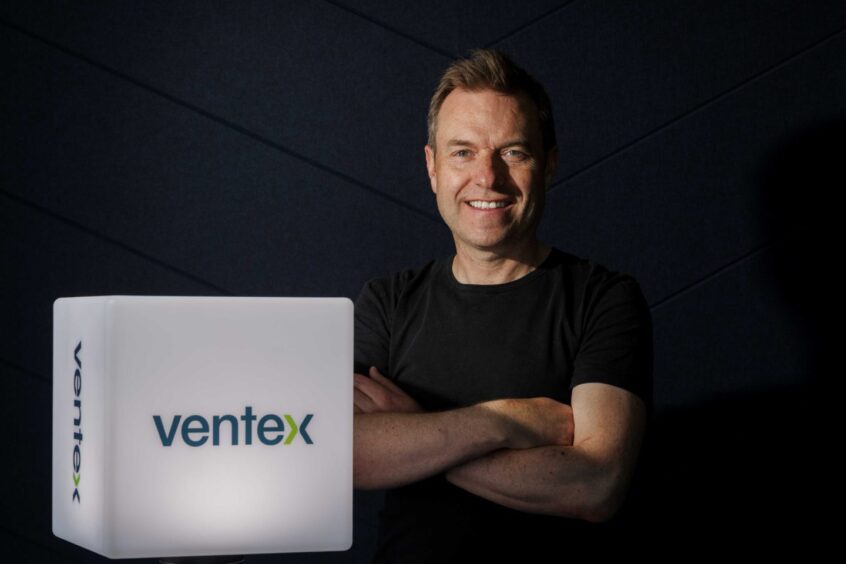
The co-founder of subsea robotics firm ROVOP is set to launch a ‘unicorn factory’ in Aberdeen focused on accelerating the UK energy transition.
Technology entrepreneur and former ROVOP chief executive Steve Gray is launching Ventex alongside business partner and former Qedi director Stuart McLeod.
Focused on climate technology, Ventex will seek to replicate the success of the American “venture studio” business model.
The venture studio model is behind some of the world’s fastest growing companies, known as “unicorns” – private start-up companies which reach a valuation of over $1 billion (£760m).
Notable companies which started out in venture studios include biotechnology firm Moderna, LinkedIn, Uber and Slack.
Ventex plans to run a global portfolio from Aberdeen, focused on repurposing companies, technologies and skills in the existing energy supply chain to support the net zero transition.
It will also invest in early-stage technologies which have “significant potential to help solve the climate crisis”.
The firm has already invested in Aberdeen-based subsea robotics firm High Performance Robotics (HPR), and Australian firm Rahd ai.
HPR is applying its expertise in oil and gas asset inspection to the offshore wind market, while Rahd is utilising artificial intelligence to reduce decommissioning costs.
Oil and gas supply chain
Ventex founders Gray and McLeod have a track record of success in building global businesses.
Gray founded Westhill-based ROVOP in 2011, which eventually grew to employ over 250 people globally.
Meanwhile, Ventex said McLeod is a “serial entrepreneur” and has enjoyed similar success, including overseeing the £33m sale of oil and gas technology firm Qedi.
The two now see further opportunities in the UK energy sector, focusing on established businesses with “high growth potential”.
The UK political environment means oil and gas supply chain firms can struggle to access capital, making it difficult to invest in renewable energy opportunities.
Gray said a “generation” of oil and gas service companies have been “left in a decade long permafrost”.
“This began with the downturn in 2014, followed by Covid just as recovery had begun, and then the current political environment,” Gray said.
“This has starved companies of the capital, skills and courage they need to take advantage of the transition.”
UK instability hindering energy growth
Gray said political and fiscal instability is preventing UK energy supply chain firms from achieving their full potential.
“The energy transition and journey to net zero represent the largest industrial and investment opportunity globally, but investment is held back by a dichotomy; a toxic political environment around oil and gas on the one hand, and the difficult financial metrics around renewables on the other,” he said.
“By underpinning a validated venture studio playbook, or growth strategy, with the track record of delivery, cashflow, and customers of a mature business, we solve that dichotomy.”
Gray told Energy Voice the landscape for energy focused firms has become “much more difficult” since he founded ROVOP in 2011.
“It has definitely got much harder, probably since about 2015,” he said.
“It started off with the downturn that happened to oil and gas, then as that was recovering, we moved into COVID.
“Then as that went away, the political backdrop became really difficult and that was making life more difficult for these companies.”
Ventex strategy
By “refounding and repurposing” businesses within the venture studio, Ventex believes it can unlock “significant value” and “help anchor renewable energy jobs” in places like north-east Scotland, which already have the skills and infrastructure in place.
McLeod said by scaling repurposed solutions “at the pace required by the climate emergency”, Ventex will unlock value in the “new industrial revolution”.
“Rather than relying solely on start-ups, which burn cash and have higher barriers to entry to build trust and credibility, we will leverage the track record of proven concepts,” McLeod said.
“The valuation multiples for many energy service companies have hit an all-time low due to the current political environment in the UK.
“By opening up renewable energy opportunities for our portfolio, Ventex secures a dramatic upgrading of their valuation multiples, unlocking long-term value, enabling access to growth capital and rerating the economic trajectory of entire communities.”
Ventex focus on Aberdeen
Despite the challenges surrounding the North Sea sector, Gray said Aberdeen is the “best place” for Ventex to establish itself.
“A venture studio doesn’t have to be based in a big financial centre, because it’s really not about money,” he said.
“It’s about having the expertise wrapped around a company to transform the strategy and then drive it rapidly.
“What’s important is being close to the industry and really understanding what it is that they do, and being close to the customers as well.
“For a venture studio that’s focused on climate tech, this is exactly the place you want to be, because if you’re not close to the source of some of the problems and solutions then you’re in the wrong place.”
Gray said Ventex’s ambition is to utilise the “heritage” of the oil and gas industry in Aberdeen to help drive a “proper” energy transition.
“It’s going to be a faster transition, and a smoother transition and a more economically successful transition for the communities impacted by it, if it’s a transition and not a hard stop and a hard start,” he said.
Ventex is in the process of finalising its leadership board, and the company said it expects to announce “further investments” in the coming weeks.
Recommended for you


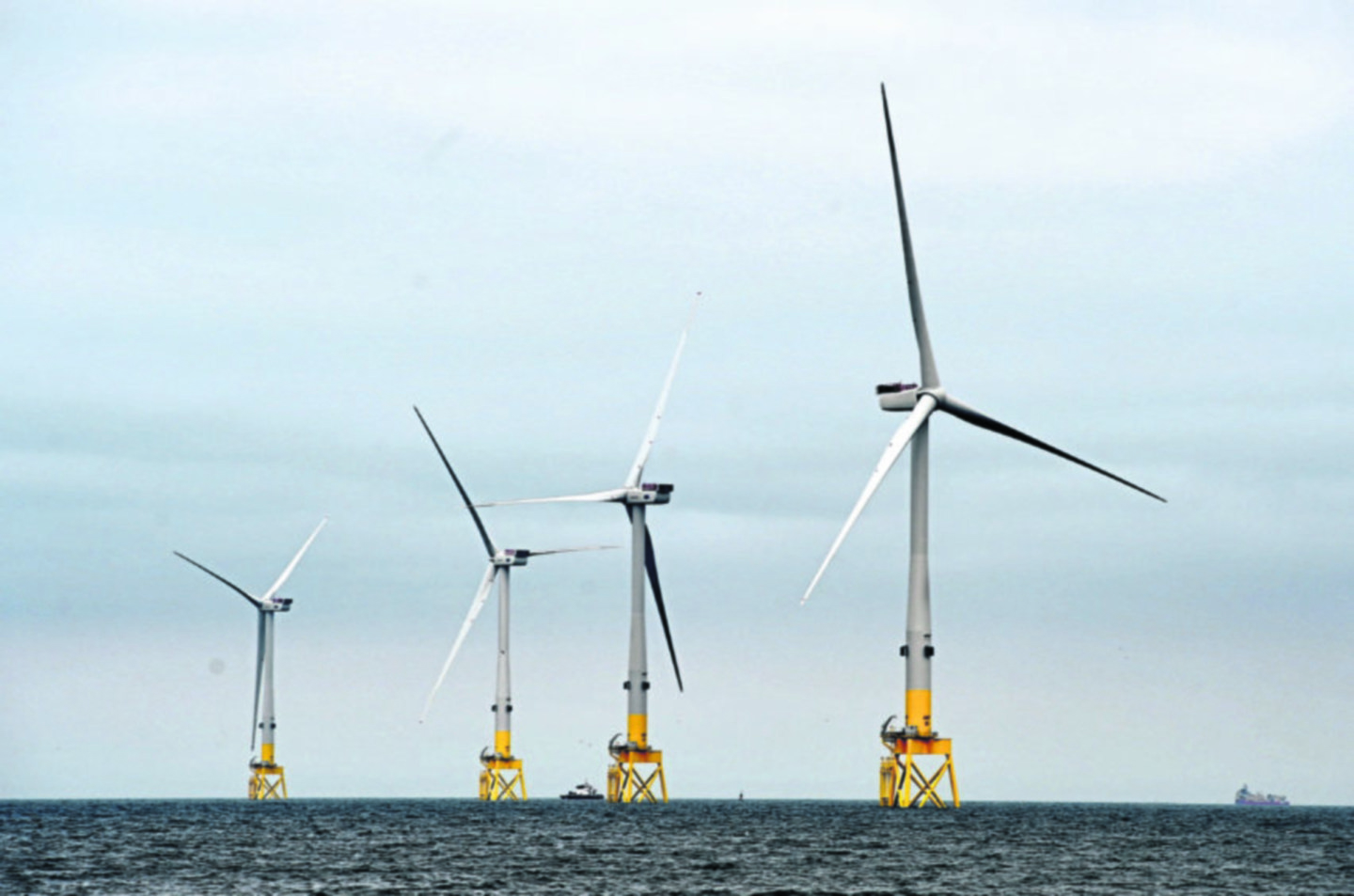 © EVENING EXPRESS
© EVENING EXPRESS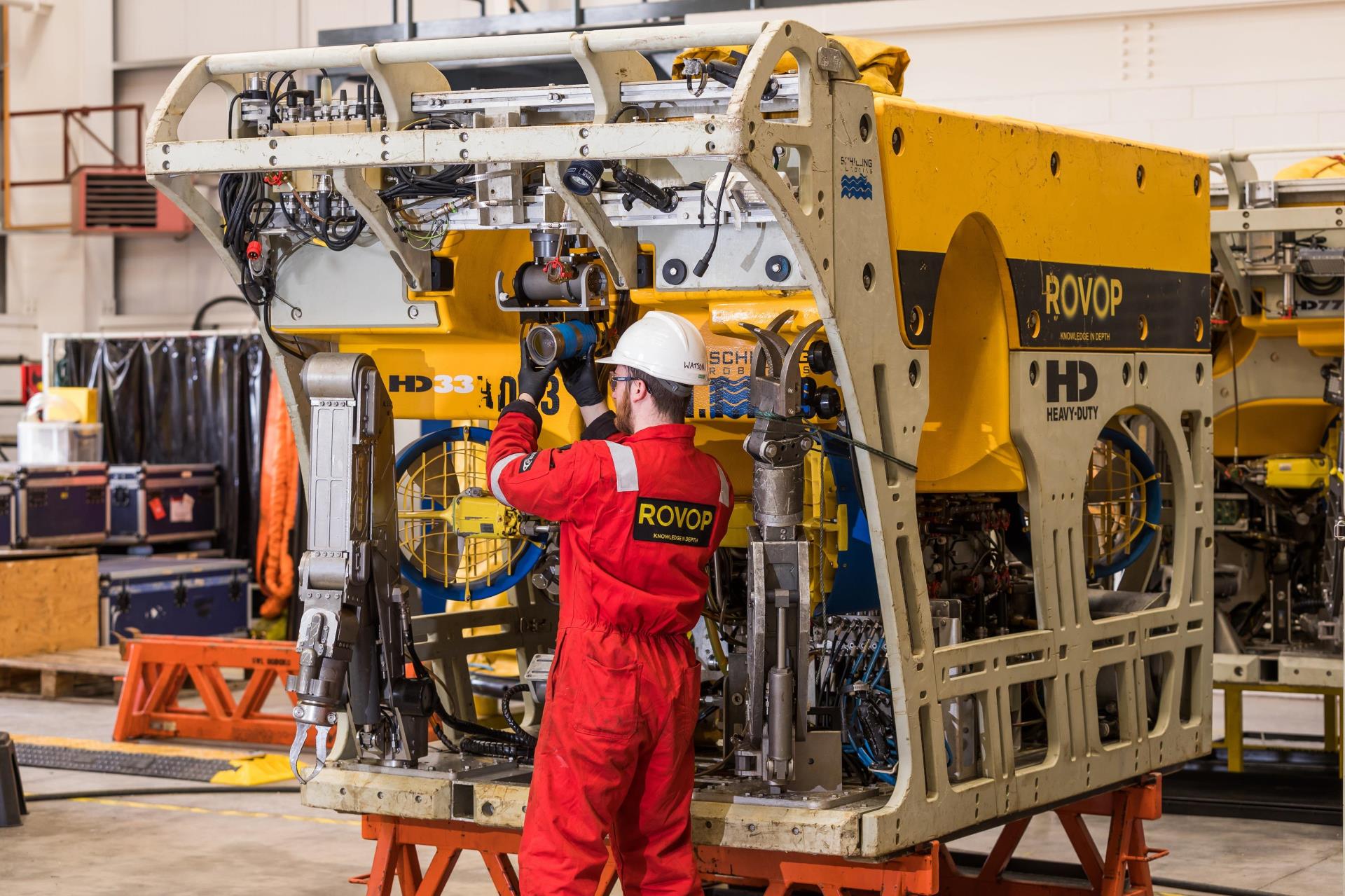 © ROVOP
© ROVOP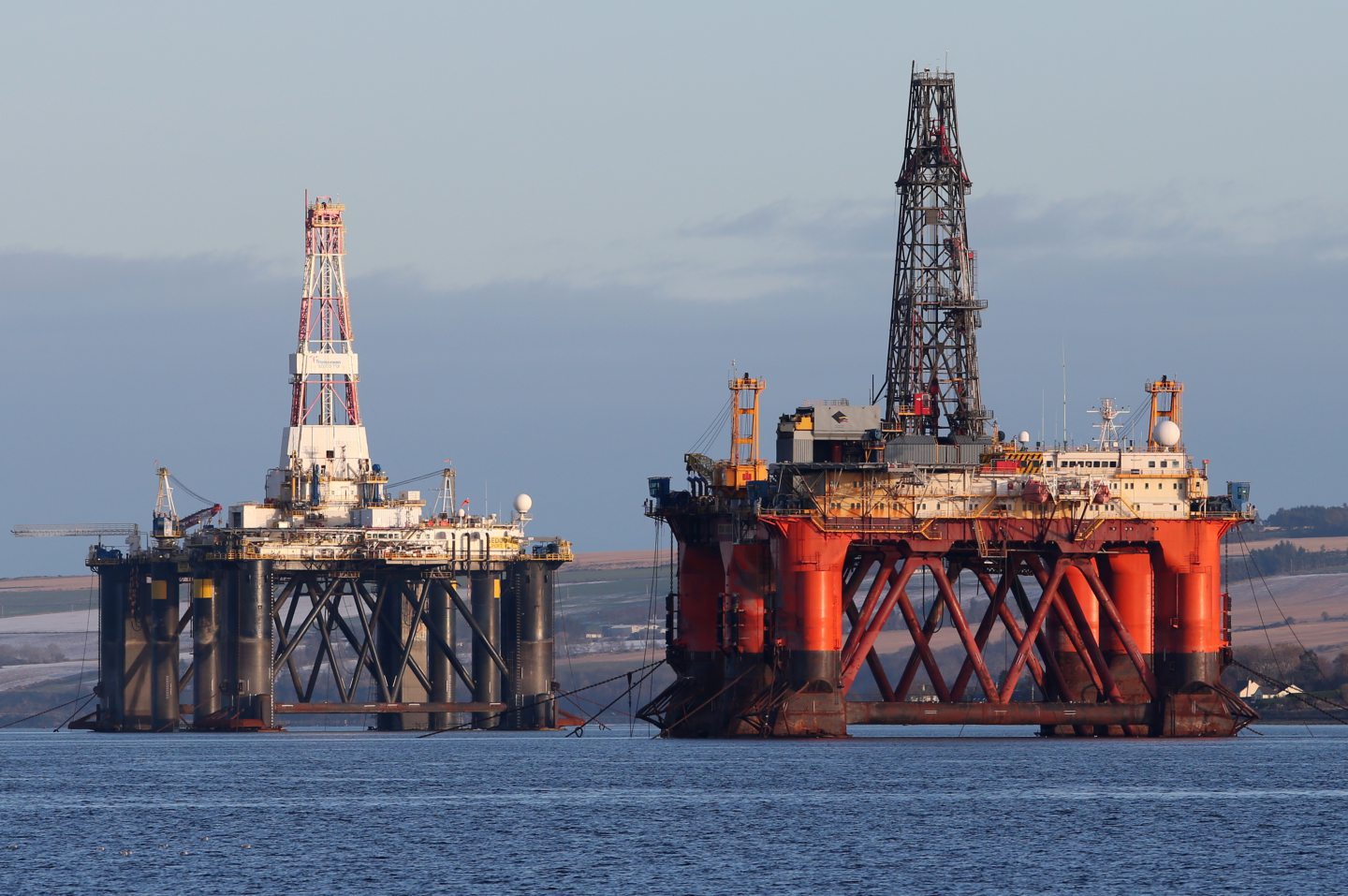 © Andrew Milligan/PA Wire
© Andrew Milligan/PA Wire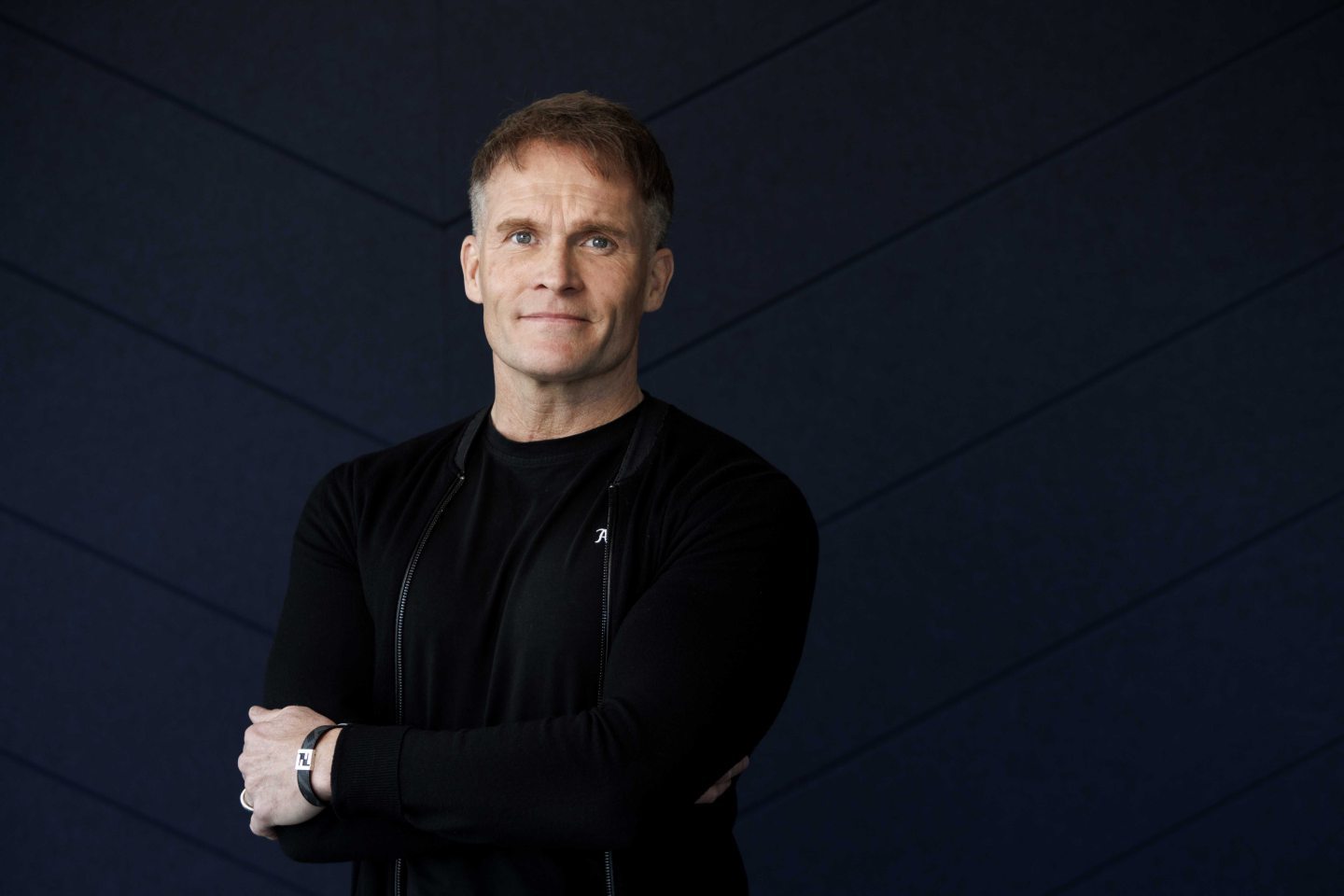 © Supplied by Ventex/True North
© Supplied by Ventex/True North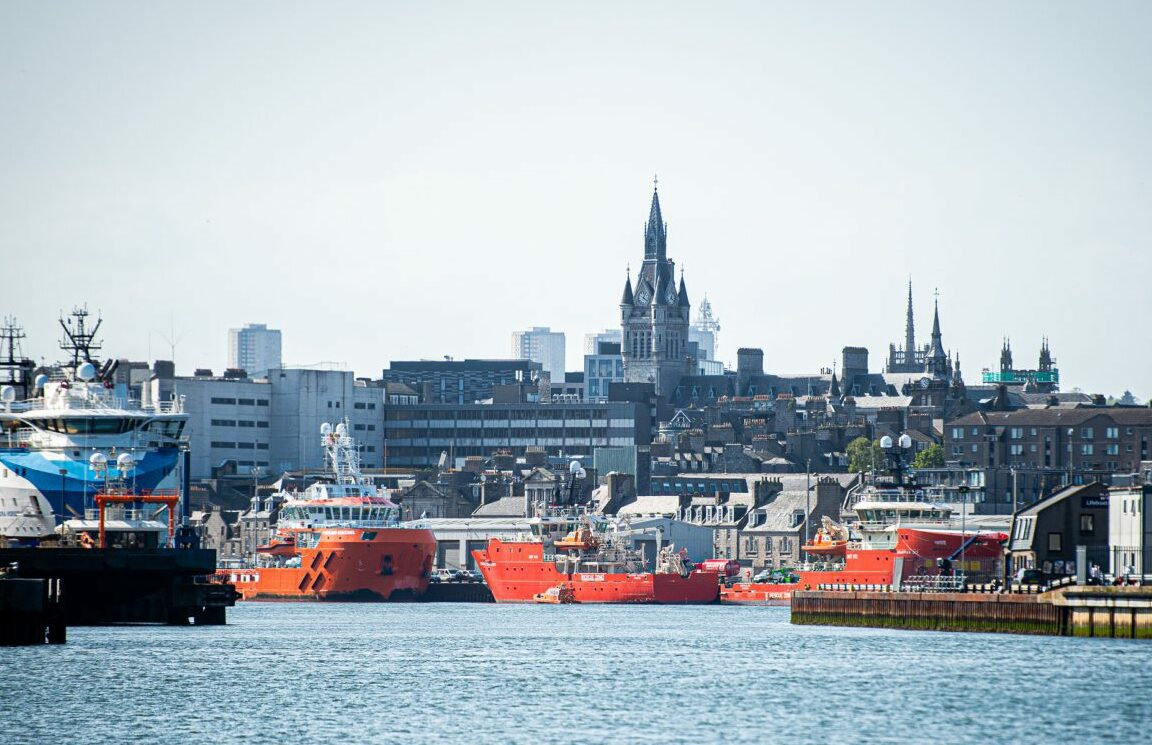 © Wullie Marr/ DCT
© Wullie Marr/ DCT